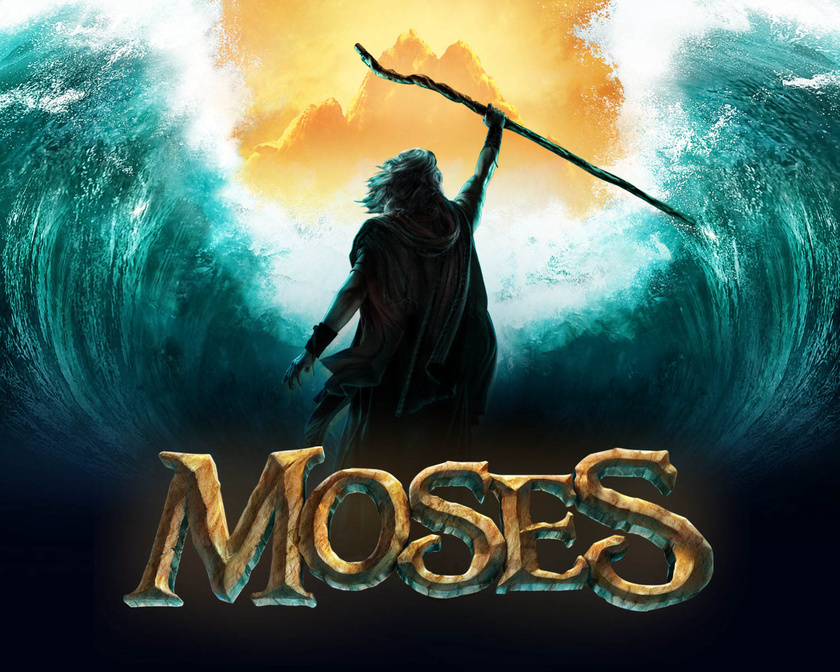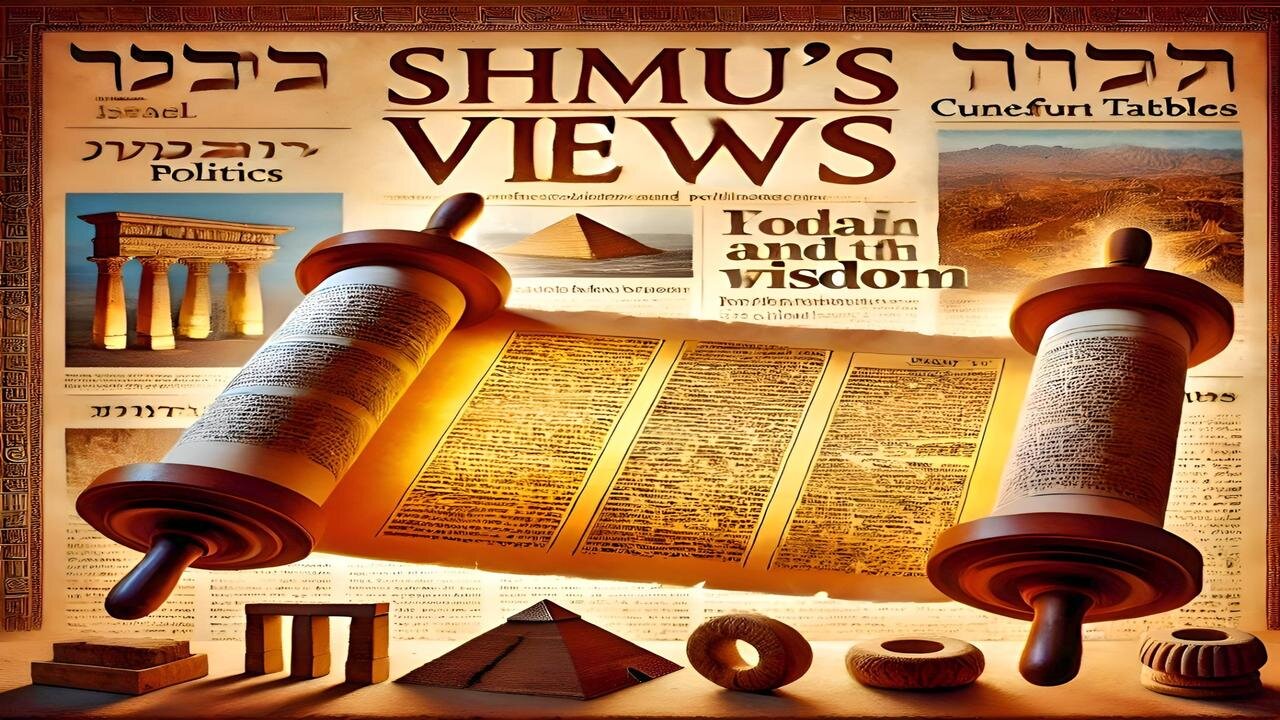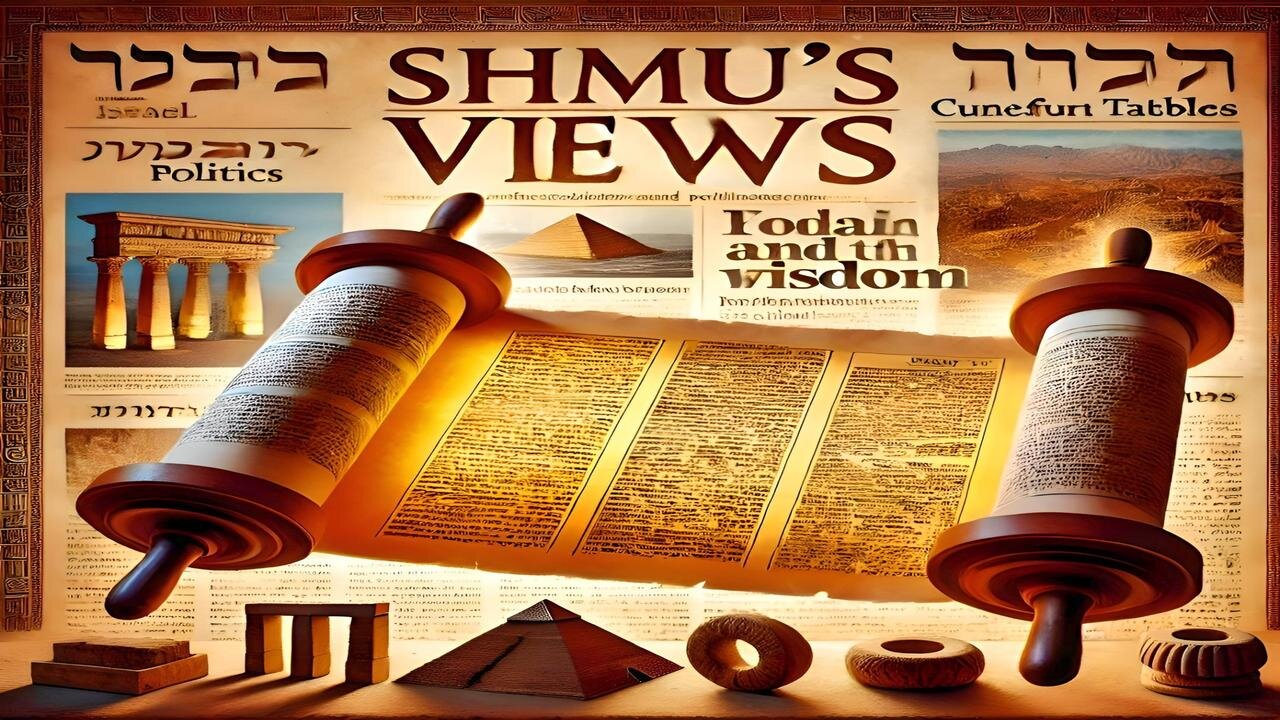
Is There a Historical Moses?
The figure of Moshe (Moses) as depicted in the Bible, occupies a central and revered position in the religious traditions of Judaism, Christianity, and Islam. The story of Moses is rich with narrative, laden with symbolism, and has been a source of inspiration, debate, and contemplation for millennia. While the historical existence of Moses remains a matter of faith rather than empirical evidence, exploring the biblical narrative and its significance sheds light on the enduring impact of this figure.
The story of Moses is primarily found in the Tanakh (Hebrew Bible), which is shared by both Judaism and Christianity, and to some extent in the Quran, the holy book of Islam. According to the biblical account, Moses was born in a time when the Israelites, descendants of Jacob, were enslaved in Egypt under the harsh rule of a certain Pharaoh (historically unknown at this time). Fearing a male child would rise to challenge his authority, Pharaoh ordered the killing of all newborn Hebrew boys. Moses' mother, driven by desperation, placed him in a basket and set it afloat on the Nile River. Providentially, Pharaoh's daughter, while bathing near the water, discovered the infant and decided to raise him as her own.
Moses' early life in the Egyptian palace stands in stark contrast to the oppression faced by his fellow Israelites. However, a pivotal moment came when, witnessing an Egyptian taskmaster abusing a Hebrew slave, Moses intervened and ended up killing the oppressor. Fearing retribution, Moses fled to the wilderness of Midian, where, many years later, encountered the burning bush—a momentous event in his life. According to the biblical narrative, G-d spoke to Moses through the burning bush, commissioning him to lead the Israelites out of bondage and into the Land promised to Avraham, Yitzhak and Ya’acov (Abraham, Isaac and Jacob).
The subsequent narrative involves a series of plagues sent by G-d to persuade Pharaoh to release the Israelites, the dramatic crossing of the Sea of Reeds, and the giving of the Ten Commandments on Mount Sinai/Horeb. Moses is portrayed as a prophet, leader, and intermediary between G-d and the people. His life is characterized by challenges, doubts, and moments of profound connection with the divine.
While the biblical account of Moses is deeply ingrained in religious traditions, historical evidence regarding his existence is scant. The lack of archaeological and written records outside of religious texts makes it challenging to establish Moses as a historical figure in the conventional sense. Some scholars argue that the story of Moses may have been shaped and embellished over time, drawing on various cultural influences and oral traditions. Others, however, maintain that the absence of conclusive evidence does not necessarily negate the historicity of Moses, as religious figures often lack the empirical verification sought by historians.
The question of Moses' existence goes beyond historical inquiry; it touches on the nature of religious belief and the role of myth and narrative in shaping cultural identity. For believers, the significance of Moses lies not only in his historical reality but also in the profound spiritual and moral lessons derived from his story. The Exodus narrative, with Moses at its helm, is a powerful metaphor for liberation, resilience, and the divine guiding hand in the face of adversity.
Moreover, the figure of Moses has transcended religious boundaries, becoming a symbol of leadership and justice. In the Christian tradition, Moses is often seen as a precursor to Jesus, drawing parallels between the liberation of the Israelites and the salvation offered through Christianity. In Islam, Moses, known as Musa, is revered as a prophet and messenger of G-d, with his story echoing themes of obedience and perseverance in the face of oppression.
In conclusion, the existence of Biblical Moses remains a matter of faith, and attempts to validate his historical reality face inherent challenges. Nevertheless, the enduring impact of the Moses narrative on religious, cultural, and ethical spheres is undeniable. Whether as a historical figure or a symbol of faith and liberation, Moses continues to be a compelling and influential figure, shaping the beliefs and practices of millions around the world. The legacy of Moses endures not only in religious texts but also in the collective imagination of those who find inspiration in the timeless story of a leader who led his people from bondage to freedom.

Parshat Naso is the longest single parsha in the Torah, clocking in at 176 verses. That’s Torah’s way of saying, “Hey, you might want to take a long , serious and contemplative look at what you’re about to learn.”
Also on Substack: https://substack.com/home/post/p-165229596?source=queue
The 613 Commandments of Torah: Part 18 - the Blog
https://shmusviews.blogspot.com/2026/03/the-613-commandments-of-torah-part-18.html















